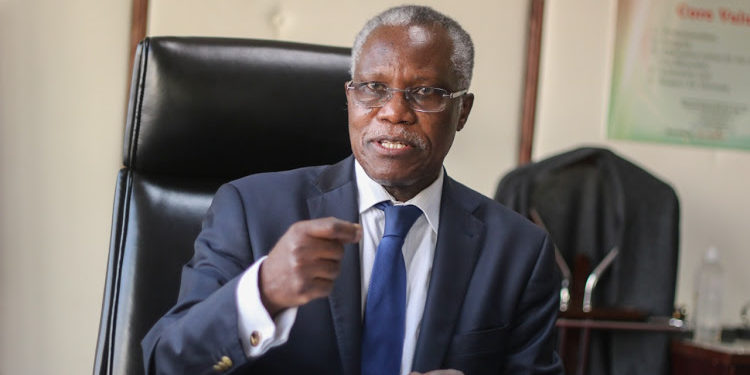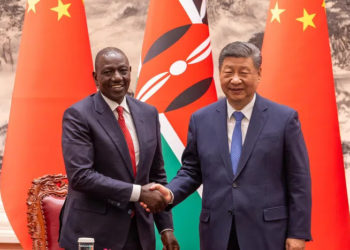Members of Parliament have rejected the government’s proposal to establish a new Commission for Peacebuilding in Kenya. The National Assembly Committee on Cohesion and Equal Opportunities, led by Chairman Adan Haji, criticized the Interior Ministry’s plan to create the National Peace Building Commission (NPC), arguing that it would duplicate the functions of existing institutions.
At a joint retreat with the National Integration and Cohesion Commission (NCIC) in Mombasa, lawmakers expressed concerns over the necessity of an additional commission. The proposal, which was part of a report drafted by a Committee of Experts appointed and funded by the Interior Ministry, suggested that the new commission would oversee the management of the Peace Building Fund, as well as coordinate peace initiatives across the country. However, the committee members felt that the creation of yet another commission would not address Kenya’s peacebuilding needs effectively.
Dr. Samuel Kobia, Chairman of the NCIC, clarified that the report, which had been initiated by the United Nations Development Programme (UNDP), was meant to explore ways to enhance peace, cohesion, and integration in Kenya. He emphasized that the NCIC had been involved in the drafting process and that the commission’s views, along with those of other relevant bodies, had been considered.
Despite these efforts, MPs remained resolute in their opposition. Ndhiwa MP Martin Owino was particularly vocal, suggesting that instead of creating a new commission, the government should focus on strengthening the existing NCIC. “These businesses of creating new Commissions that don’t serve Kenyans adequately have caused a lot of discomfort among citizens,” Owino said. “Creating a new Commission yet we have NCIC will cause jitters among Kenyans.”
The report recommended empowering national peacebuilding institutions to run sustained programs aimed at educating Kenyans, especially the youth, on their roles and responsibilities in fostering peace. However, MPs rejected the notion of additional financial burdens, stressing the need to optimize current structures rather than create new ones.


















